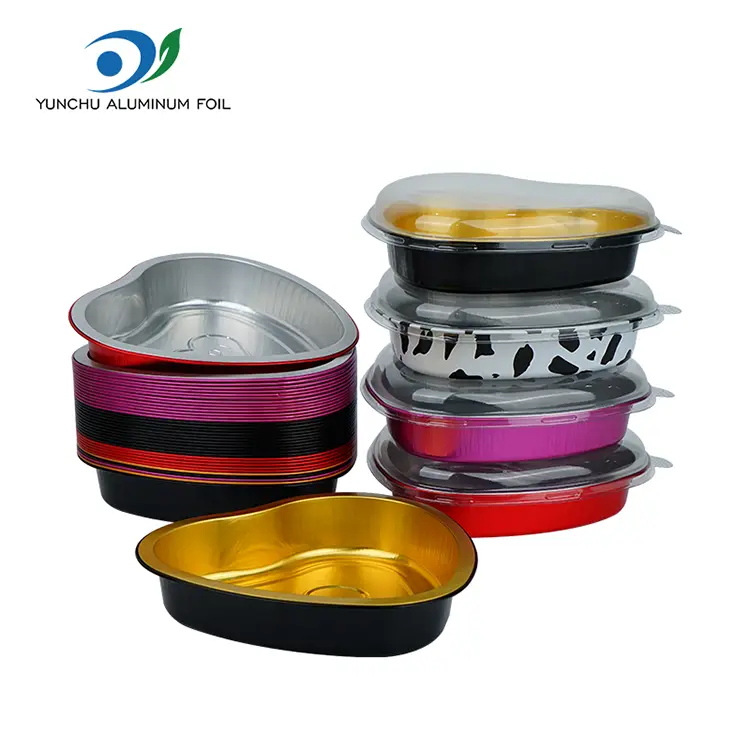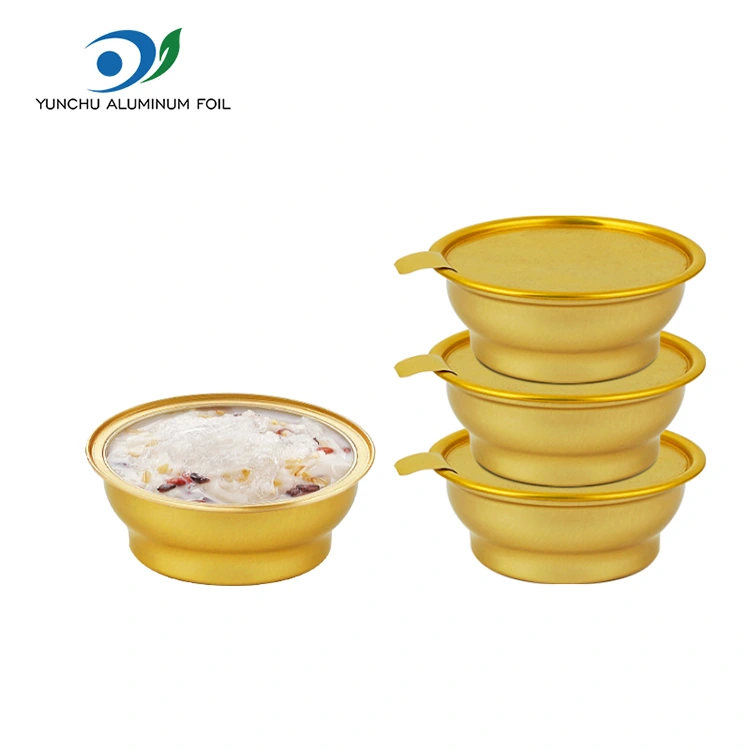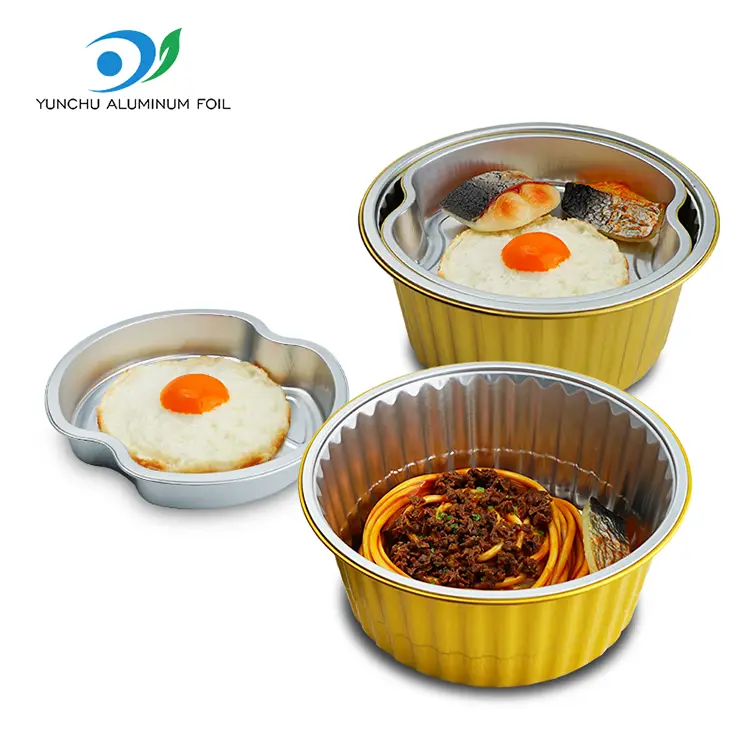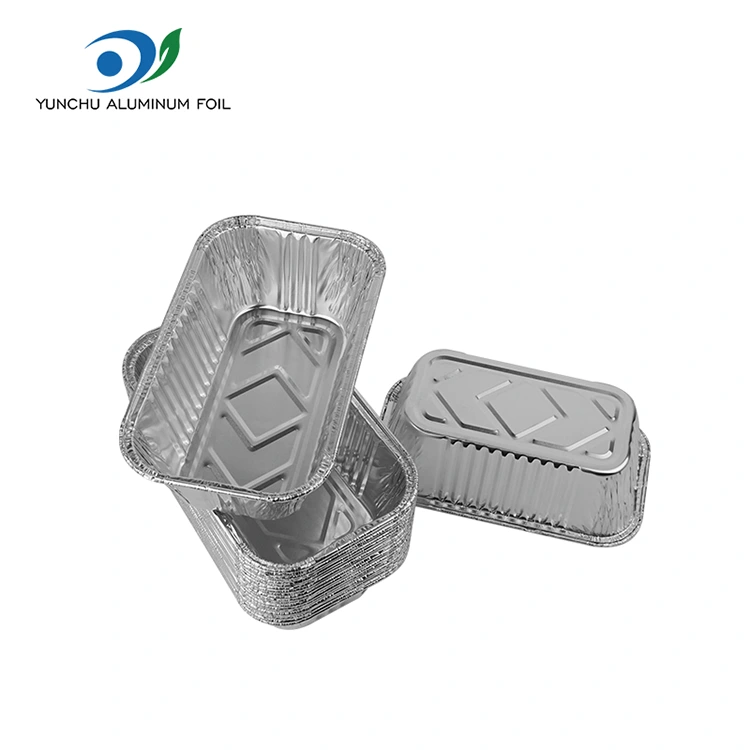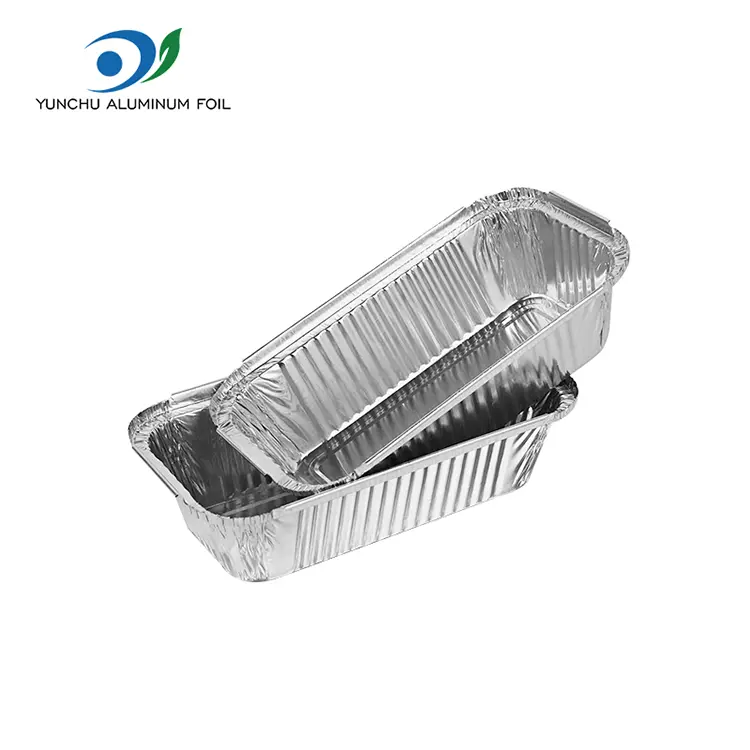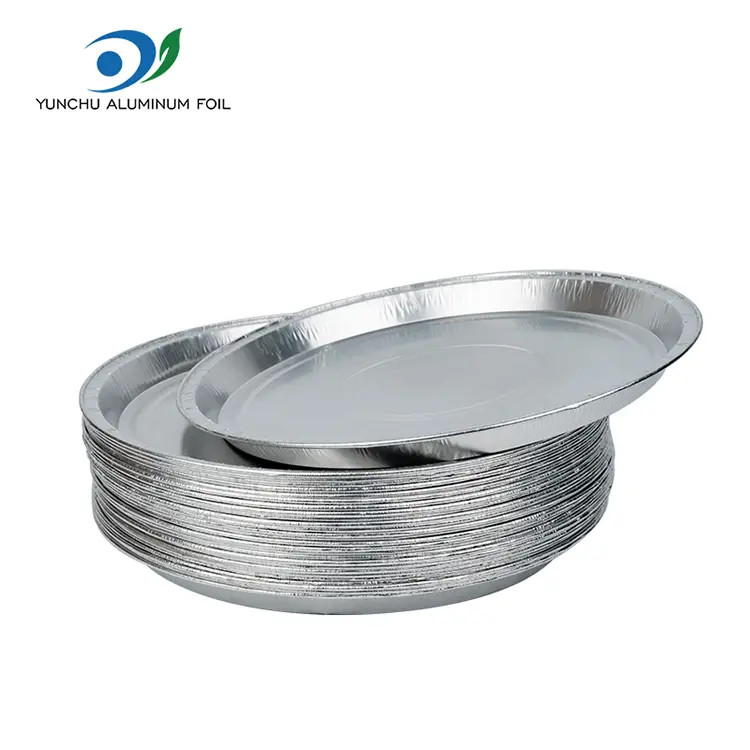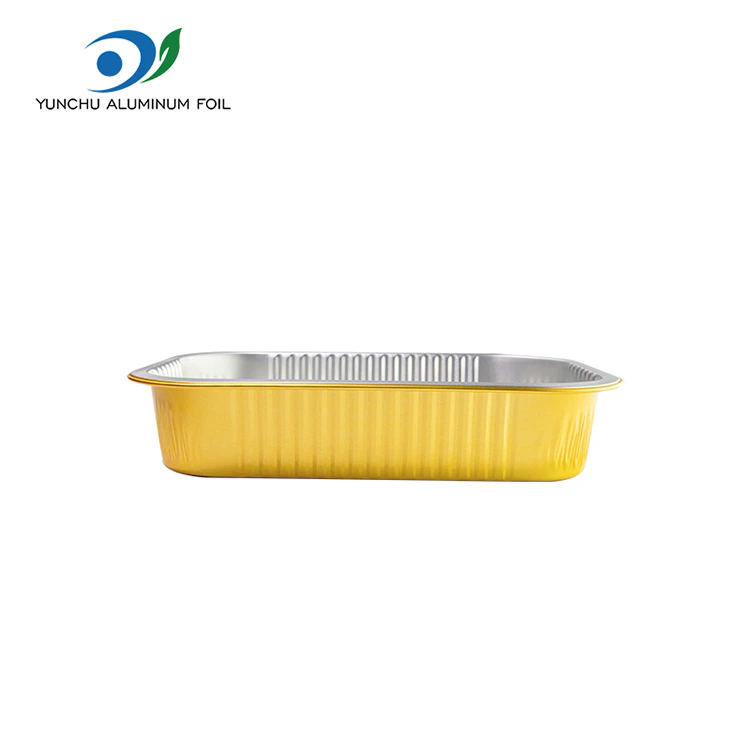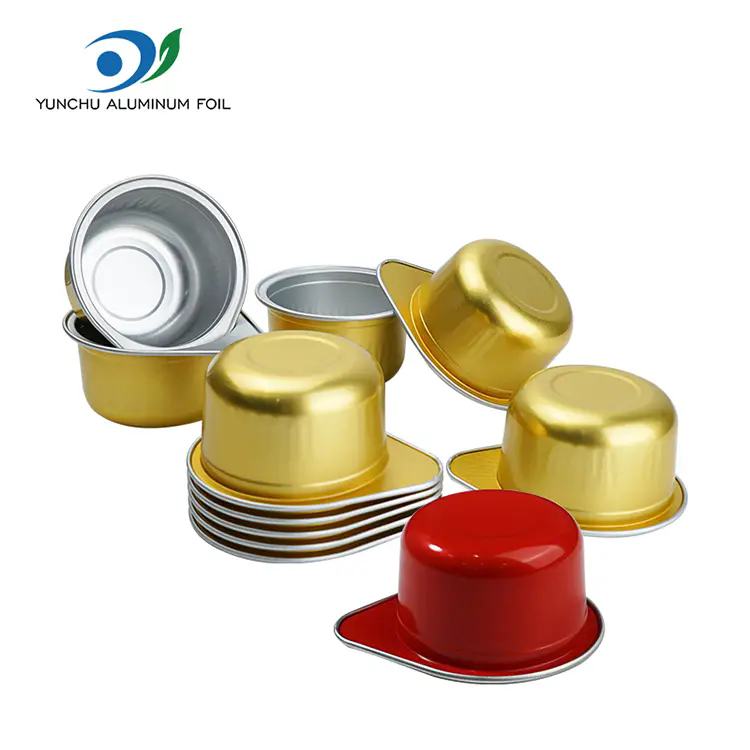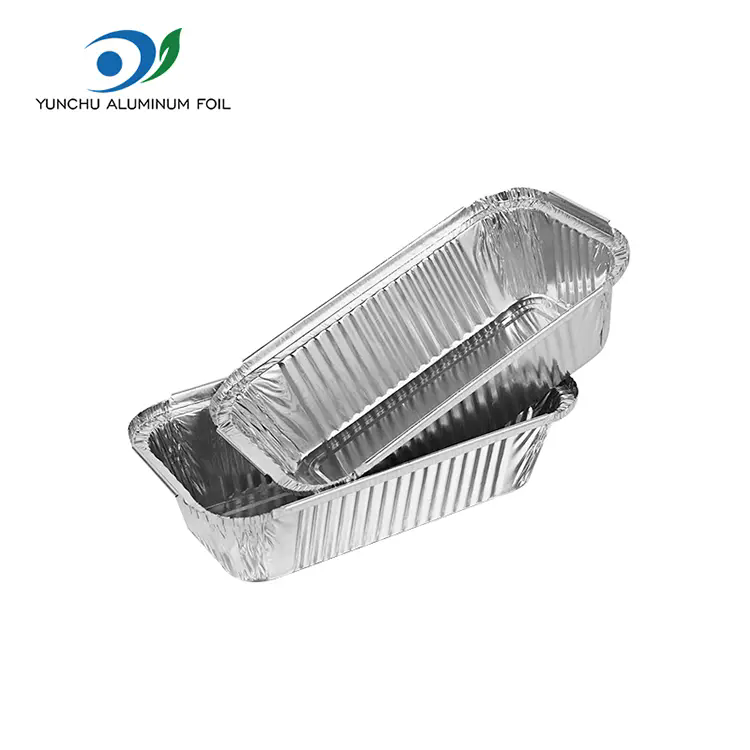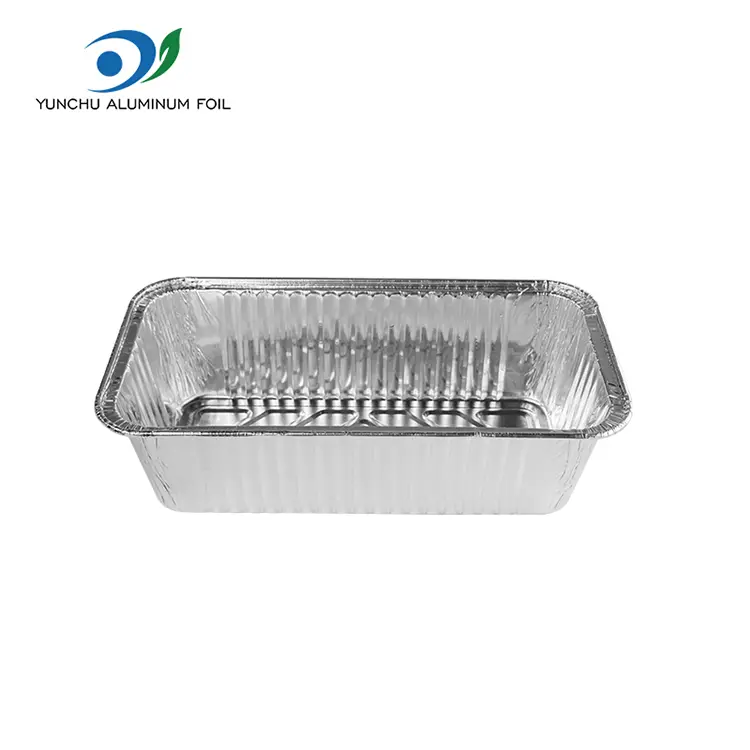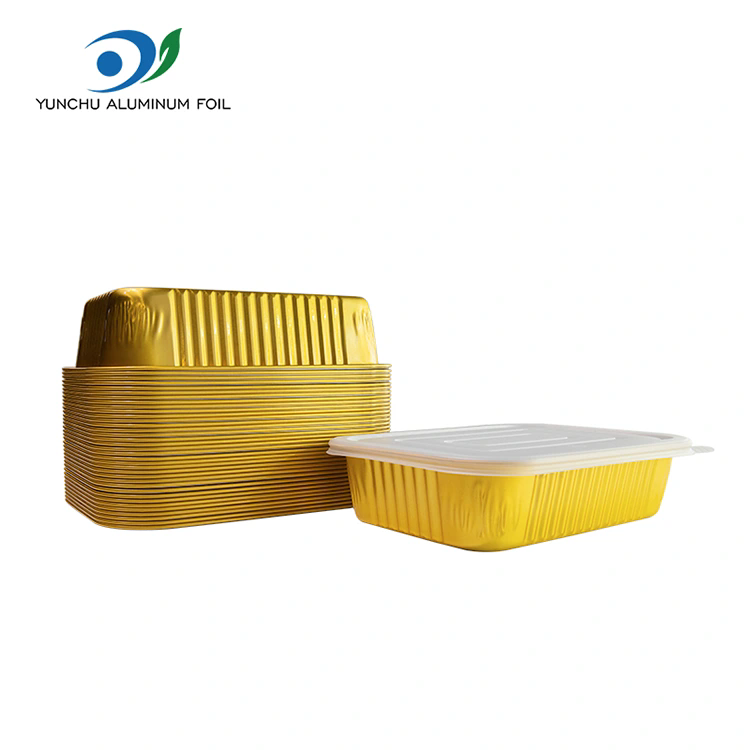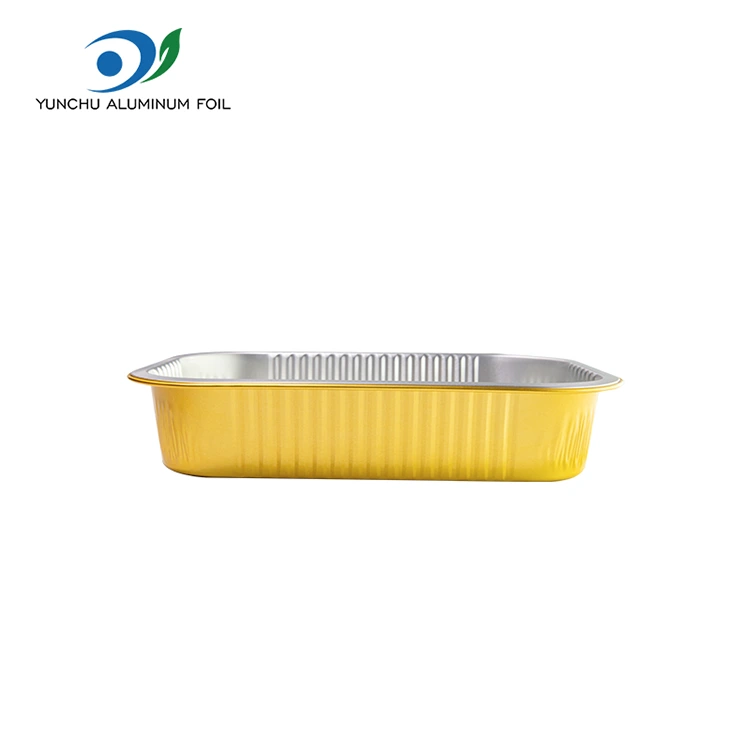- English
- Español
- Português
- русский
- Français
- 日本語
- Deutsch
- tiếng Việt
- Italiano
- Nederlands
- ภาษาไทย
- Polski
- 한국어
- Svenska
- magyar
- Malay
- বাংলা ভাষার
- Dansk
- Suomi
- हिन्दी
- Pilipino
- Türkçe
- Gaeilge
- العربية
- Indonesia
- Norsk
- تمل
- český
- ελληνικά
- український
- Javanese
- فارسی
- தமிழ்
- తెలుగు
- नेपाली
- Burmese
- български
- ລາວ
- Latine
- Қазақша
- Euskal
- Azərbaycan
- Slovenský jazyk
- Македонски
- Lietuvos
- Eesti Keel
- Română
- Slovenski
- मराठी
- Srpski језик
Why is aluminum not recommended for storage containers?
2025-06-03
Aluminum is widely used in food packaging and kitchenware because it is lightweight, corrosion-resistant, and inexpensive. However, it is not recommended for storage containers, especially for long-term storage of certain types of products or foods. The main reasons are:
1. Related to acidic or salty foods.
Aluminum is a reactive metal, which means it can chemically react with certain foods, especially acidic foods (e.g., tomatoes, citrus, vinegar) or oily foods. When these foods come into contact with aluminum, a process called leaching occurs, in which aluminum ions are released into the food.
Health issues: Excessive aluminum intake has been linked to heart and kidney damage (although research is ongoing).
Taste changes: This process can give food a metallic taste, which causes the food to lose its flavor.
2. The problem of corrosion and resilience.
While aluminum is resistant to corrosion, it can be corroded by acidic or alkaline materials, which can weaken it over time. This makes them less stable than materials such as steel bars or glass.
Example: Leaving tomato sauce in an aluminum container for several days can cause the metal to rust or corrode.
3. Not suitable for hot and cold weather.
Aluminum pots are not suitable for freezing for the following reasons:
Frost at low temperatures: Aluminum can corrode at low temperatures, increasing the chance of warping or chipping.
Increasing/decreasing temperature: Frequent heating and cooling can affect metals and cause them to crack.
For extremely cold storage (such as frozen bread), aluminum is a great conductor of heat, but may not be as good at retaining heat as in cold materials.
4. Odor and dirt trapping.
Aluminum can absorb odors and stains from highly flavored foods (e.g., garlic, spices), making it difficult to clean and reuse for other purposes.
5. Environmental and recycling activities.
While aluminum is relatively easy to recycle, its production has a significant carbon footprint. Without proper recycling, discarded aluminum cans pile up. Additionally, single-use aluminum containers (such as food containers) are less environmentally friendly than recyclable glass or metal ones.

When is aluminum safe to store?
Despite these drawbacks, aluminum cans can be used in many ways:
Short-term storage: For non-acidic, flavorful foods that last for hours or days (e.g., fried rice, dried rice).
Cooking/Baking: Aluminum pans are ideal for oven use due to their heat resistance.
Also: chefs or cooks can use aluminum pans for cooking, but they are not environmentally friendly.
Related News
- Why Choose Smoothwall Catering Aluminum Foil Containers for Your Catering Needs?
- How Can Silver Aluminum Foil Containers Revolutionize Your Food Business Profitability
- Air Fryer Silver Aluminum Foil Containers: Your Secret Weapon for Crispier Food & Zero Cleanup
- What Makes Wrinkle-Free Aluminum Foil Containers The Eco-Friendly Choice For Airlines
- How Silver Aluminum Foil Containers Improve Food Safety and Sustainability
- Why Choose Smoothwall Containers for Your Baking Business
New Products


